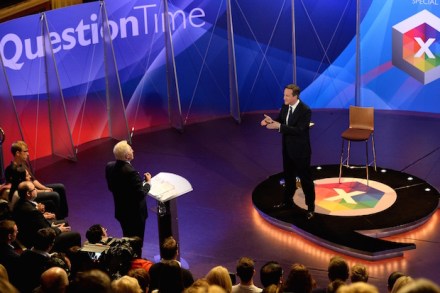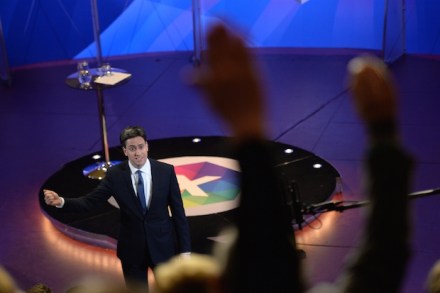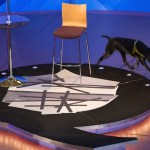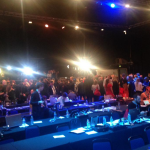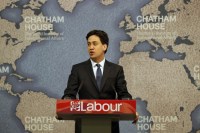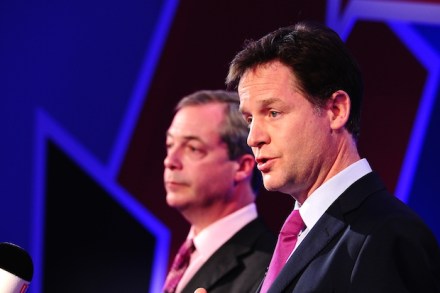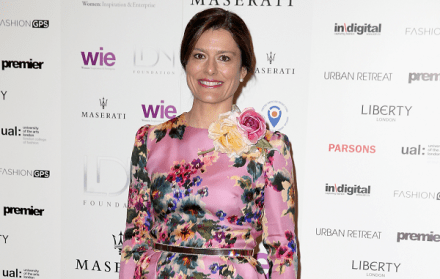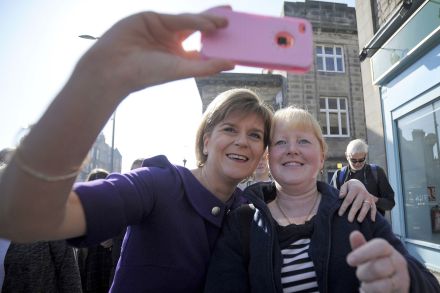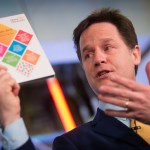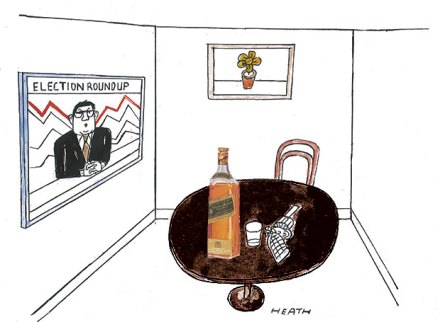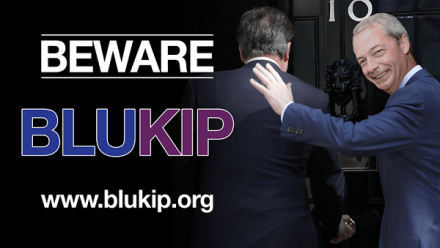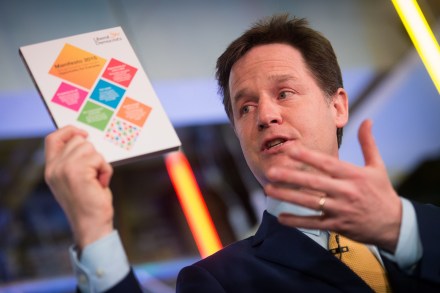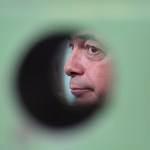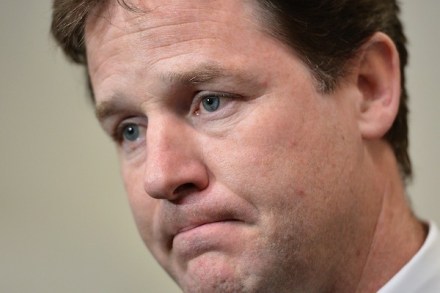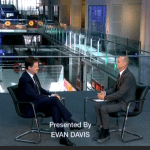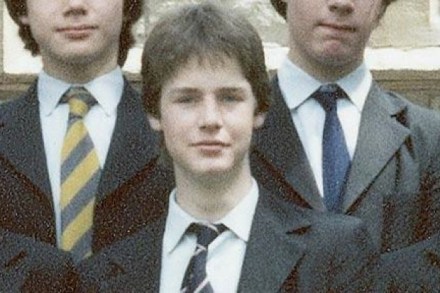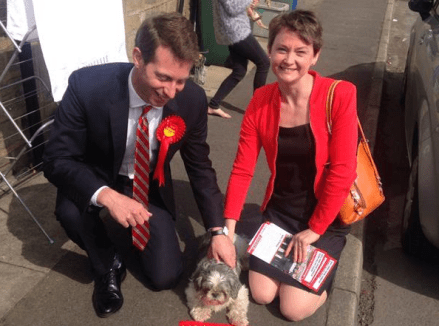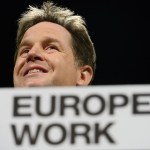Listen: The Spectator’s verdict on the Question Time leaders special
According to the snap poll, David Cameron has won the final TV ‘debate’ of the short campaign. In this View from 22 podcast special, Fraser Nelson, James Forsyth and I discussed the Question Time special this evening and how each of the party leaders performed. Was the audience more receptive to Ed Miliband or Cameron? Were there any major gaffs? Did Nick Clegg make much of an impact? And will it make any difference to the campaign? You can subscribe to the View from 22 through iTunes and have it delivered to your computer or iPhone every week, or you can use the player below:
